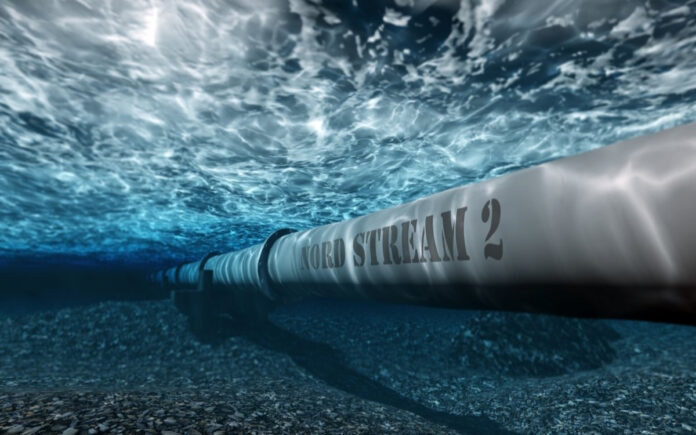Moscow: Nord Stream 2 was hailed as a pivotal project for Europe’s energy future, promising to boost supply and lower costs.
The Nord Stream 2 pipeline was envisioned as a transformative project to deliver 55 billion cubic meters of natural gas annually from Russia to Europe. It aimed to enhance energy supply while reducing costs, despite criticism over increasing Europe’s dependence on Russian energy. Supporters maintained that it was essential for bolstering energy security.
In 2022, the pipeline suffered severe damage due to an underwater explosion, exacerbating already strained geopolitical tensions. The incident also affected the parallel Nord Stream 1 pipeline, further curtailing Europe’s access to natural gas.
Legal Dispute Unfolds
The Russian operator of Nord Stream 2 has filed a lawsuit against Norwegian energy giant Equinor, alleging failure to provide assistance following the explosion. According to the operator, Equinor had professional obligations to help investigate the incident, which disrupted the pipeline’s operations.
Equinor has rejected these allegations, emphasizing that European Union sanctions imposed after Russia’s 2022 invasion of Ukraine prohibited any involvement with the project.
“We could not provide any assistance to Nord Stream 2 as it would violate EU sanctions,” said Equinor spokesperson Ola Morten Aanestad.
Also Read | Russia’s Energy Sector Hit by US Sanctions; Indian Firms Included
Norway’s Role in Stabilizing Energy Supply
While the destruction of the Nord Stream pipelines deepened Europe’s energy crisis, Norwegian gas became a key stabilizer. By 2024, Norway met 30% of Europe’s energy needs, according to Equinor data.
Legal Proceedings to Begin in June
The lawsuit, filed in Stavanger, Norway, is set to proceed in June. Both sides have withheld details regarding the amount of compensation being sought.
The destruction of the Nord Stream pipelines not only caused immediate economic repercussions but also highlighted deep-seated disputes over energy security, sanctions, and the obligations of companies operating in geopolitically sensitive sectors.



